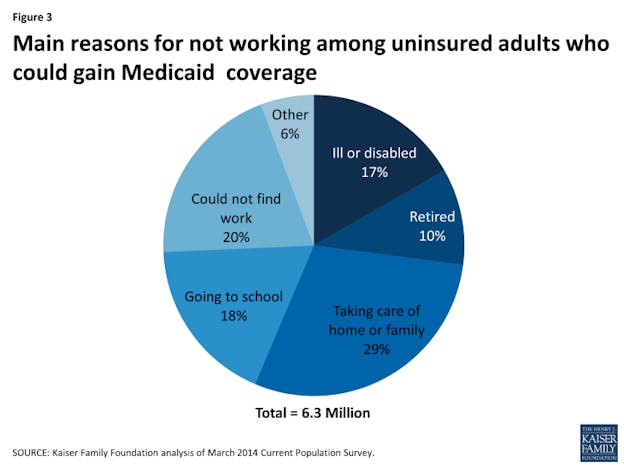The civil unrest in Baltimore, Maryland served as a tragic but fitting backdrop for Hillary Clinton’s latest speech, which outlined ideas that states and the federal government could use to reduce inequities in the country’s justice system.
It was a call for remedies well beyond the confines of policing and sentencing, but it was also only a sketch, and admittedly so. “I don’t know all the answers,” Clinton confessed. And to her point, it would have been a profound surprise if she’d unveiled a thoroughgoing criminal justice reform plan at this early stage in the campaign.
But if a comprehensive plan isn’t in the offing, it would represent a huge missed opportunity. It’s easy to check a box by sympathizing with victims of police abuse and prisoners serving long sentences for minor drug offenses; and it’s easy to applaud the conservatives and progressives in Congress working together on these narrower issues. It’s much harder to explain how to use levers of federal power to alleviate systemic problems that manifest at state and local levels.
That Clinton didn’t arrive at Columbia University with a white paper in hand is a testament to the complexity of the challenges. But while she lets them marinate, her conservative adversaries are seizing on the unrest in Baltimore to repackage small-government nostrums as the solution to issues most of them have made their careers ignoring.
The question now is whether Clinton will allow the right’s assessment of Baltimore’s pathologies to take hold in the public imagination, or whether she’ll refute it with something considered and meaningful.
Whereas Clinton admitted her quest for countermeasures is just beginning, Republicans claim to have answers—or at least an answer. The diagnosis, as always, is government dependency, and the magic elixir is lower spending on anti-poverty programs.
“With Baltimore’s troubles as a backdrop,” writes Politico’s David Rogers, “House Republicans are proposing new cuts from urban programs this week even as their budget would add tens of billions of dollars for the Pentagon to get around strict spending caps.”
At breakfast roundtable for reporters hosted by the Christian Science Monitor, Representative Paul Ryan called for “another round of welfare reform.”
Elsewhere, 11 Republican-controlled states are deflecting criticism over their opposition to the Affordable Care Act’s Medicaid expansion by insisting that new beneficiaries meet new work requirements. The political innovation here—treating health insurance for the poor as if it were similar to cash welfare, to weaken support for unconditional expansion—is fairly conniving. As a poison pill, it advances the conservative goal of preventing the expansion altogether, while simultaneously providing the poisoners with an alibi. People should work for what they have, after all!
This represents a step backward for conservatives, many of whom have accepted the premise that medical insurance shouldn’t, as a rule, be a source of leverage for employers. It also ignores the fact that most potential Medicaid expansion beneficiaries already work, and those that lack jobs don’t generally deserve this kind of condescension.

The Medicaid gambit isn’t a direct response to the unrest in Baltimore, but all these ideas share a common origin. A conviction, as National Review editor Rich Lowry put it, that cities like Baltimore are Great Society relics, “that bought into the big-government vision of the 1960s … and the bitter fruit has been corruption, violence and despair.”
This is a plausible story, and useful if you don’t have Clinton’s supposed appetite for burrowing more deeply into the problem, as Slate’s Jamelle Bouie did, or if you believe urban riots present an opportunity to make progress on prior ideological commitments.
Senator Rand Paul has gone about folding the problems of police abuse and civil unrest into a critique of big government in a subtler way, but in the end they are all straining to squeeze complex social maladies into low-tax, upwardly distributive frameworks, because that is what’s most convenient.
In remarks at the White House this week, President Barack Obama proposed an alternative framework—one which conservatives immediately pilloried—but he did so with extreme pessimism. “I’m under no illusion that out of this Congress we're going to get massive investments in urban communities,” he said, “and so we’ll try to find areas where we can make a difference around school reform and around job training, and around some investments in infrastructure in these communities trying to attract new businesses in.”
I don’t think Hillary Clinton will have to work very hard to convince the majority of Americans that bleeding resources out of impoverished communities isn’t going to solve many problems, let alone every problem. But to fully turn the Republican critique on its head she’s going to need to fill in the blanks in her speech.
